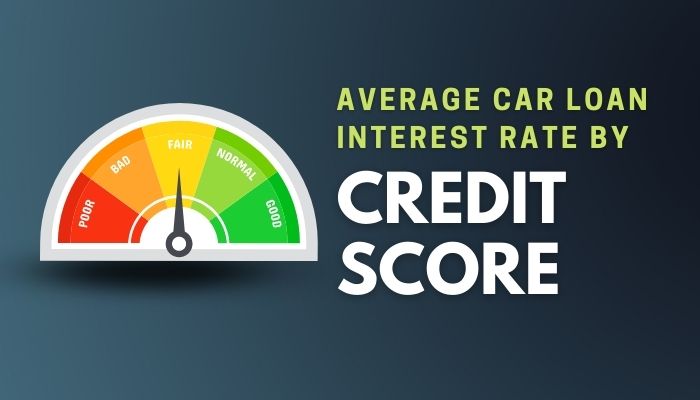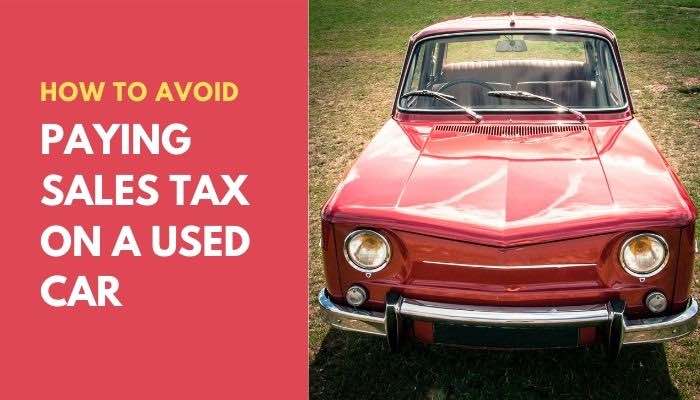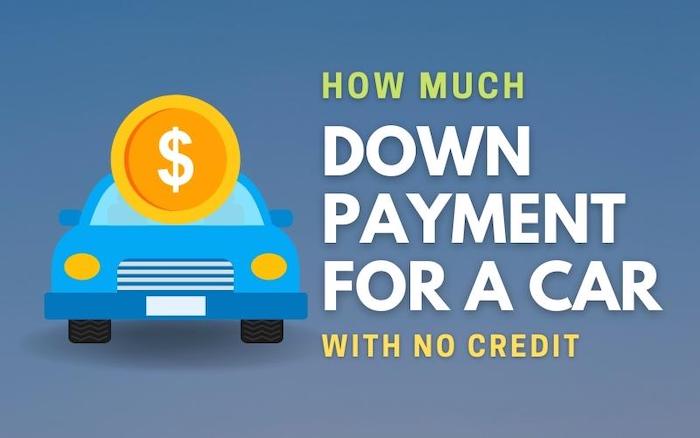How Soon Can You Trade In A Financed Car?
It is increasingly common to find people asking how soon can you trade in a financed car after only making payments for a few months. You must be careful when shopping for a financed vehicle as most dealerships will make the deal look cheap to make you sign the documents. Even though you can afford the monthly payments for that SUV, you will also need to have enough money left to fuel the car.
It is not beneficial to pay for something that you cannot use. In such a case, it makes sense to trade in your vehicle as soon as possible. However, the answer to how soon can you trade in a financed car will vary from one person to another, depending on several factors.
Nevertheless, you should not despair. This article will help you know how soon you should trade in your financed vehicle to minimize your expenses or make a profit at the right time. We will also explain to you the procedure to make the process effortless.
Can You Trade In a Financed Car?
Yes. You can trade in a financed car at your will. However, you may need to understand how trading in a financed vehicle will affect your loan before you can proceed. Trading in your motor vehicle will not make the loan go away. Most people are left with a remaining balance to clear after returning the car, especially if they decide to trade in early.
Once you decide to trade in a vehicle, the dealership will offer you money in return for the car. The lump-sum could be enough to clear your loan and even get you some money that you can apply towards your next purchase. On the other hand, the dealership amount may not be adequate to pay off your loan, leaving you with a balance that you must clear.
How Do You Clear The Negative Equity?
How you can clear the negative equity will depend on what you want to do after trading in your vehicle. If you intend to dispose of your car and finance a different car, the dealer can roll over the negative equity onto your new loan, allowing you to make one monthly payment.
However, if you intend to lease a new auto, you will have to continue paying off your balance in a separate payment on top of your lease payments. In the case of a balance rollover, things can get a little complex as it can affect your future trade-in.
You can maximize your trade-in value by researching the current price for your model or similar cars. Knowing how much your vehicle is worth will help you get a better deal during negotiations. You can use online car trade-in tools to help you estimate your vehicle’s worth. You should also make sure that the motor vehicle has undergone all necessary maintenance.
When Is It A Good Idea To Trade In A Financed Vehicle?
Buying a financed car is probably the only way most people could afford to drive their dream car. It allows you to walk into a dealership and walk out with a motor vehicle as long as you meet the financing terms and conditions without the need to use your savings. Instead of paying a lump sum amount, the dealership or a bank offers you financing, allowing you to make affordable monthly payments.
While it is usually a good deal for most people, some buyers are left with a loan to pay and a car they cannot use. You do not have to keep your car if it is no longer useful or makes financial sense.
People buy cars for different reasons, including functionality, prestige and comfort. The needs can change, or you can find a better model when you have already purchased a different make. A financial change, like going through a divorce or losing a job can make it impossible to make your monthly payments.
You do not have to wait until the motor vehicle is repossessed or allow yourself to be drowned in debts; you can trade in the car and get yourself a cheaper alternative. Other scenarios where it makes sense to trade in your financed vehicle include:
- Expensive to maintain – It can be financially straining when you have to pay additional money that you did not plan for on top of your monthly payments. The issue is more common when you buy a fuel guzzler that requires specialty parts and additional maintenance. It will be a good idea to trade in the vehicle as soon as possible if you are struggling to keep up with the additional cost.
- Attractive incentives – Dealerships usually offer attractive incentives, especially from October to December, as new models enter the market. It makes sense to trade in your vehicle if you find fantastic deals that allow you to drive a new model without negative equity. However, this option is eye-catching for those at the end of their contract.
When Should You Wait To Trade In A Financed Vehicle?
Although it is nice to drive a new car every often, there are situations when trading in your vehicle could hurt you financially more than keeping it. Some of the situations when waiting before trading in a financed car is a good idea include:
- The loan is relatively new – Immediately you drive the car off the lot, the cost decreases sharply, putting you on negative equity. It does not make financial sense to trade in the automobile in the early days of your contract as the balance will be high. Instead, you should wait until the cost evens out. The best time to trade in your wheels is when you will be left with a minimum balance or no balance to clear.
- It attracts a prepayment penalty – Paying off your loan early can attract a penalty from the lender. Always review the costs that come with paying off your loan early, as the penalties could take away the benefit of trading it early.
- You can earn more by selling it privately – Before you can trade-in your vehicle, you should look for alternative methods of disposing of the car. A dealership will likely offer you the lowest amount for your vehicle. Although it may take time, you can get a better price or even make a profit by selling your car privately. Ask your friends and relatives whether they would like to buy your car or they know someone who would buy it from you for connections. You can also list it at local sites for a bigger audience.
Learn More: How To Trade In A Car That Is Not Paid Off?
Things You Should Know Before You Trade In A Financed Car For A Better Deal
Finding the right time to trade in your financed car is a tricky process that requires a lot of research to maximize your sale value. Depreciation is constant, which means that car will continue to depreciate throughout the contract, but it is highest in the early months.
After about two or three years, trading in your car offers the best return, especially if it has low mileage. However, other factors will determine the best time to trade in your vehicle. The critical aspects you should keep in mind before trading in your vehicle include:
- Vehicle details – How old is your car? Relatively new automobiles attract better prices and have a higher demand than old cars. You may also need to consider mileage. Models with lower mileage then the average will fetch the better value. You will further need to have a look at your maintenance schedule. Well-maintained vehicles tend to fetch better prices than similar models without records. Keeping your car maintenance records will give you a bargaining edge as you can easily convince the dealership that the vehicle is in good condition.
- Market value – How much is your car currently worth? The market price will determine the actual cash value you will get from a dealer. Knowing how much your car is worth in advance will allow you to negotiate a better deal at the dealership. You can estimate your current car’s market price by visiting sites selling used cars or getting an appraisal from the dealer. You should never accept an offer from a dealership without negotiating for a better deal.
- Equity – For a financed vehicle, you can have positive or negative equity. It is best to trade in your car when you have positive equity, as it means that you will make a profit. You can calculate your equity by subtracting your car’s actual cash value from your loan payoff amount. For example, if your make is worth $9000 and your balance loan amount is $7000, you have $2000 in equity to use towards your next car purchase. If you have negative equity, the dealer can rollover the balance and include it in your new car’s monthly payments.
How To Trade In A Financed Car?
How to trade in your financed vehicle depends on whether you have positive equity or negative equity and whether it is a quick sale or needs the best deal. Unless you are in dire need to get rid of the car, you should always look for the best offer you can get, even if it means opting for a private sale. That said, the steps that you take when trading in a financed vehicle includes:
1. Research
You should not enter a trade-in agreement blindly. Remember that the dealership will sell your car and make a profit, and thus, it will offer you the lowest price for a better return. It is up to you to negotiate for a better price. It will be difficult to counter the dealership price if you do not have thorough knowledge about your car.
Knowing in advance your car’s estimate fair market value will put you in a better position to negotiate for the best possible offer. You can use online calculators to estimate the best price for your automobile based on the year, make, model and mileage.
Beyond your car’s estimated market price, you should know whether you have negative or positive equity. You can tell your equity by subtracting your loan payoff amount from your vehicle’s trade-in value. Make sure to include your loan balance and any interest, penalty, and fees that you may accrue on your loan payoff amount. It is a good idea to contact your lender to determine the total amount you owe, including the termination fees.
2. Compare trade-in offers and negotiate
You do not have to trade in your vehicle at the same dealership you bought the car. You are free to trade-in your car at any dealership in and out of state. Contact a few dealers to get several trade-in value estimates and compare to find the best offer. If the offers are lower than expected, you can use your value to negotiate for a better amount.
Remember to keep your price negotiations and trade-in separate when negotiating for a better price. Some dealers may try to mark up your new car’s price to make up for the high trade-in amount. Furthermore, if you choose to roll over your negative equity, make sure you can tell the total loan amount, loan term, percentage rate and your new monthly payment before accepting the deal.
3. Close The Deal
Once you find terms that you like, it is time to close the deal. You should thoughtfully read the sales contract agreement to ensure that the loan amount, monthly payment, interest rate and other spoken promises are indicated in the contract.
Conclusion
How soon can you trade in a financed car depends on several factors including, the affordability of your current monthly payments, equity, available offers and contract length. You can trade-in your financed vehicle at any time, but you should avoid trading in early.
Unless you are trading in your car because you can no longer afford the monthly payments or the vehicle is expensive to maintain, you should avoid trading it early to avoid the depreciation cost. Depreciation is highest in the early months, and thus, it is best until the cost evens out or you have positive equity to trade in a financed car.




